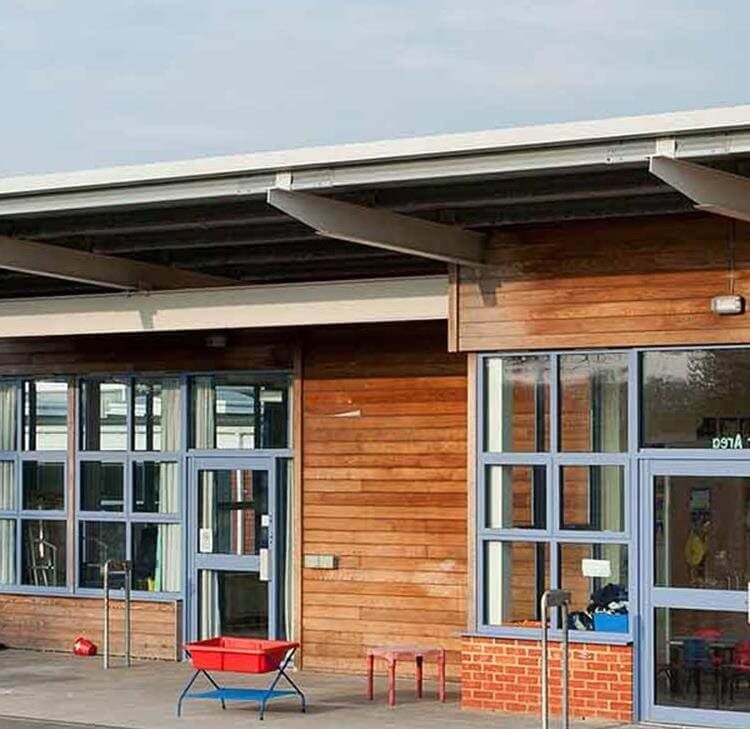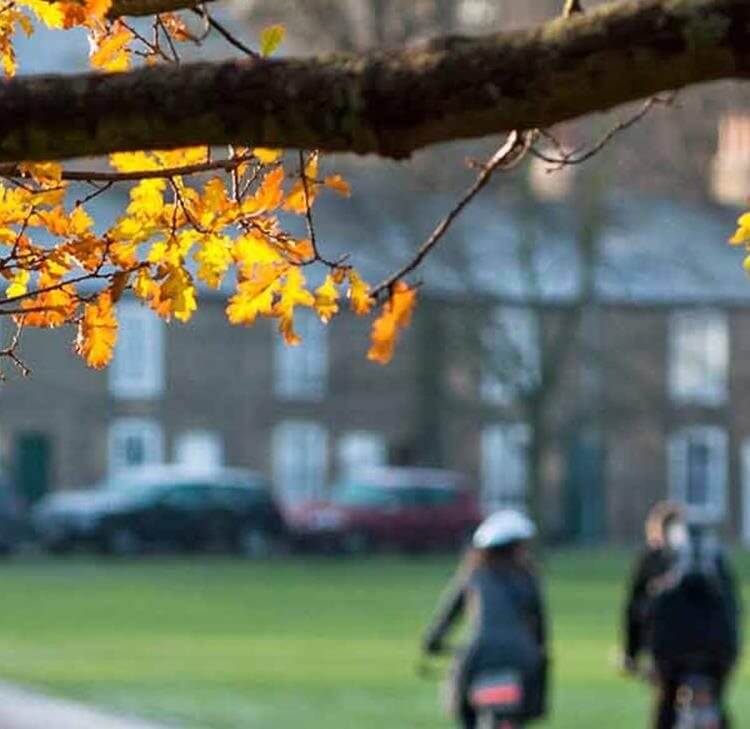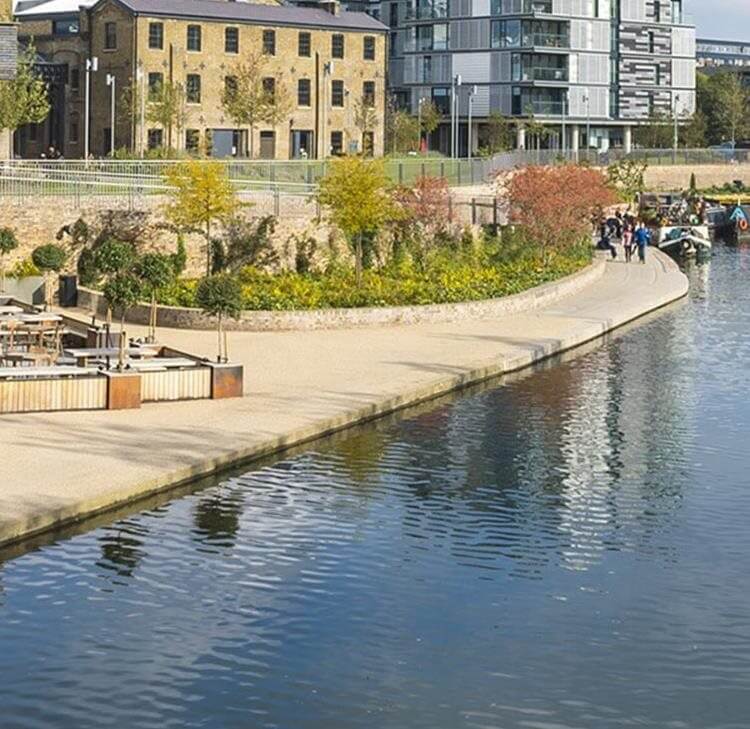SEND and Alternative Provision review green paper – school proposals
Last week the Department for Education (DfE) published its long-awaited SEND and Alternative Provision (AP) Review, a green paper that also marks the start of a 13-week consultation on the proposals in the paper.
Last week the Department for Education (DfE) published its long-awaited SEND and Alternative Provision (AP) Review, a green paper that also marks the start of a 13-week consultation on the proposals in the paper. As a green paper, the Review has ideas for consultation that are not necessarily all fully thought out, but there are several proposed changes relevant for both schools and local authorities (LAs).
The Review starts by setting the scene on the flaws in the Special Educational Needs and Disabilities (SEND) system including poor outcomes, delays in getting support to pupils and the poor experience that families experience navigating the system in order to get the right support for their children. This is despite (the DfE sets out) significant investment over a number of years in the SEND system.
For schools, the following are some of the key proposals:
- The Review focuses on local discretion with the background that the 2014 reforms in effect created 152 local SEND systems with different processes, support and experiences. The Review therefore proposes a national SEND system with a proposal to create much more consistency across the system. This includes setting out National Standards (detailed in a new SEN Code of Practice) to ensure all those involved, whether they be schools, LAs, health providers or social care providers, understand what is expected of them. This will include the level of needs that can effectively be met within mainstream provision and the support that should be made available to facilitate these placements. Similarly, the National Standards will set out when specialist placements, including alternative provision, would better meet a child’s needs and the circumstances in which an Education and Health Care Plan (EHCP) will be needed.
- Greater integration of alternative provision with a proposal to create a ‘national vision’ for AP. This will include three tiers of support, from intervention when a mainstream school needs behavioural support, to time-limited dual registered placements, through to a transitional placement for pupils who will not return to their previous school but be supported to transition to another school or post-16 placement when they are ready.
- The creation of local SEND partnerships. The idea will be that, much like Schools Forums for school funding, representatives from different sectors (early years, schools, FE, alternative provision and special, in addition to youth justice and health) will be brought together to work with parents to assess the needs of provision in the local area. They will be convened by the LA, which will continue to have responsibility for high-needs funding and ensure delivery of its statutory responsibilities. As part of this, the SEND partnership will come up with a local inclusion plan. There is a clear desire for cross-LA working within regions, rather than just within an LA’s boundary.
- EHCPs will become much more standardised with the aim of creating more consistency on the level of specificity within EHCPs. Standards will also cover the annual review process to make this more standardised in terms of the points that it needs to cover. EHCPs will become digitised, with a digital template to be used.
- The process for naming a placement in the EHCP will be changed so that parents are provided with a list of placements by the LA that can, in the view of the LA, meet the child’s needs. The LA would then provide a place at the first placement that became available in order of the parents’ preference. As is currently the case, parents will have a right to request a mainstream placement and the LA will have to agree a mainstream placement unless it would be incompatible with the efficient education of others. The DfE will also consider whether to give LAs the power to direct academies to accept a pupil where the school is named on the EHCP. Currently only the Secretary of State (through the Education and Skills Funding Agency) can direct an academy to accept a pupil where the school is named in an EHCP.
- DfE will consult on a new Special Educational Needs Coordinator (SENCo) National Professional Qualification to replace the existing NASENCo. The idea is to seek to bring SENCos into line with other teacher training and to help improve SENCos’ leadership expertise across the system and assist in informing strategic decision-making in schools. The Review also highlights how long SENCos spend on administrative tasks and recommends that SENCos are given dedicated administrative support and protected time to carry out their role. It may be that this latter point will feature in the new SEN Code of Practice.
You can read the full SEND and AP Review here and the consultation runs until 1 July 2022.
Contact

Philip Wood
Senior Associate
philip.wood@brownejacobson.com
+44 (0)330 045 2274








































